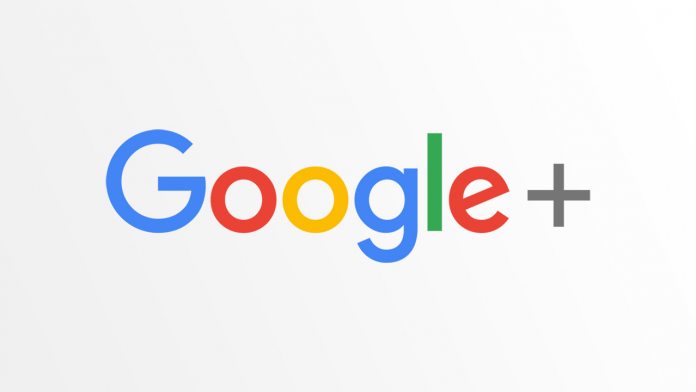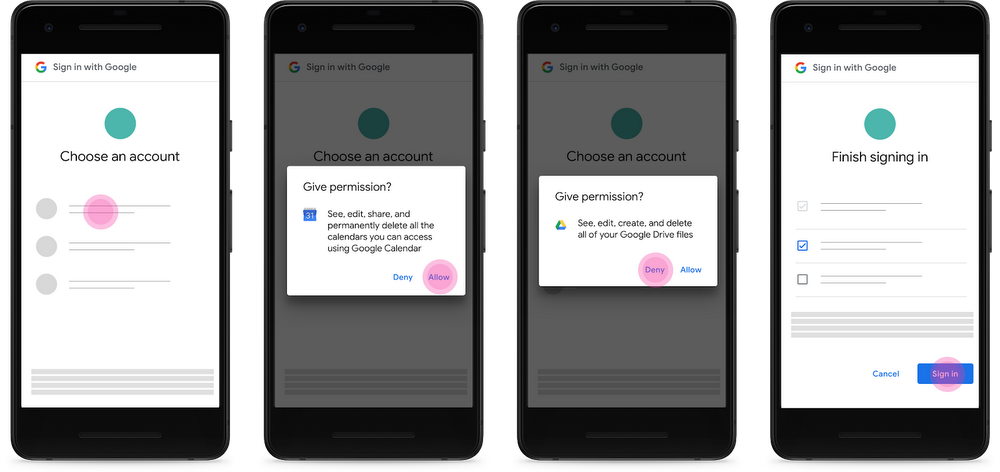Since then, there have been countless attempts to integrate Google+ into platforms like YouTube, Gmail, and Google Maps, to much outcry. The end result was an exposure of up to 500,000 user’s information between 2015 and 2018. According to the Wall Street Journal, Google discovered a flaw in an app developer API that would let them access user’s private profile information such as name, email, age, and occupation. The company found out about the bug in March but held its disclosure. An investigation team reportedly found up to 438 applications with access to such information. A memo reveals that Google officials were worried about ramifications ahead of Facebook’s Cambridge Analytica Scandal, as well as CEO Sundar Pichai having to testify before Congress.
Modular App Privacy
Google formally announced the issue on Monday, alongside new data privacy measures and the end of Google+. Consumers will have up to 10 months to migrate to a different platform, with tools to export their data. Enterprise will still be able to use the platform, where Google says it’s seen more success. Google’s new privacy controls will introduce a modular system where users can choose to share some information, but not others. They can give an app Calendar information, for example, but not access to their Google Drive files.
After several recent scandals, the controls will be a win for privacy campaigners. However, they do little to assuage concerns about Google’s own collection. Maps still collects location data with the Location History setting disabled. As Google remedied its social media bug in March, it’s also clear the shutdown of Google+ was more of a business decision than a user safety one. Shares in Alphabet Inc. fell by 1.23% shortly after the disclosure, but have seen a slight recovery since.





